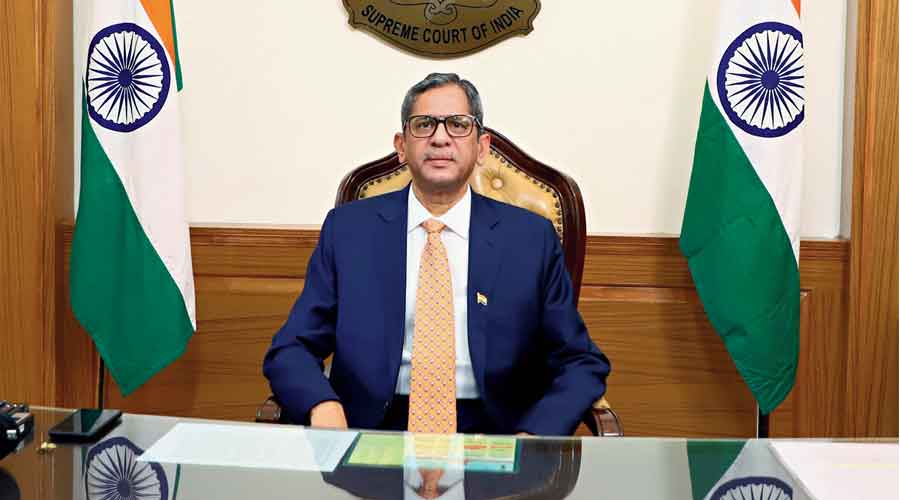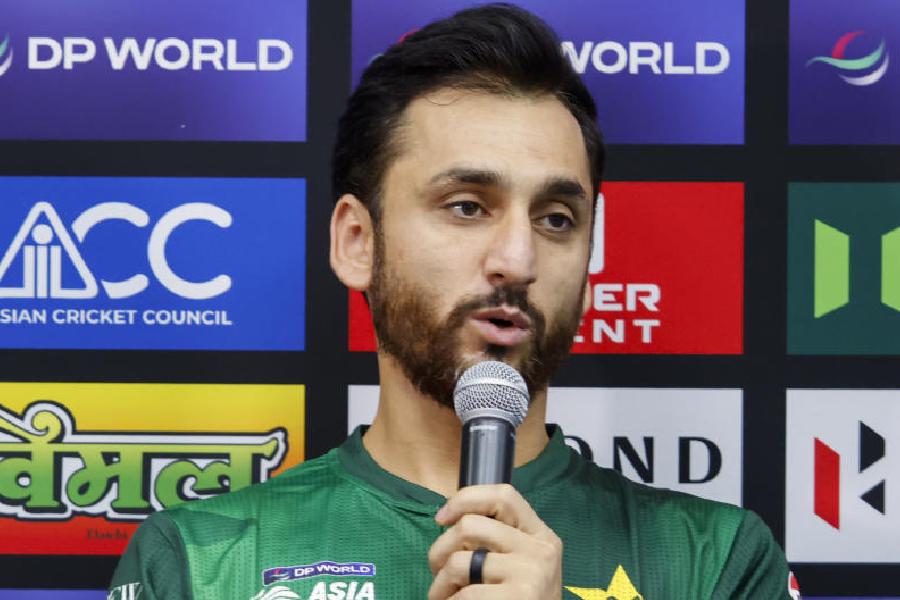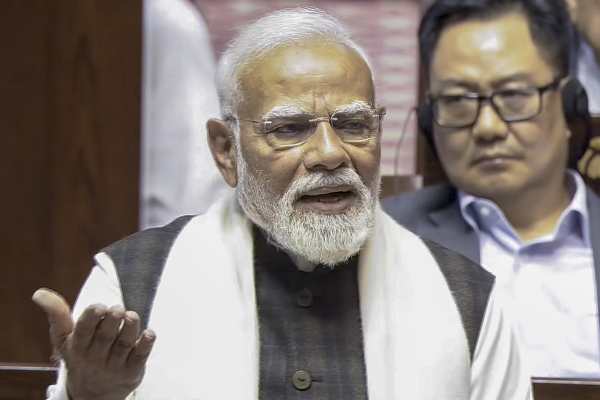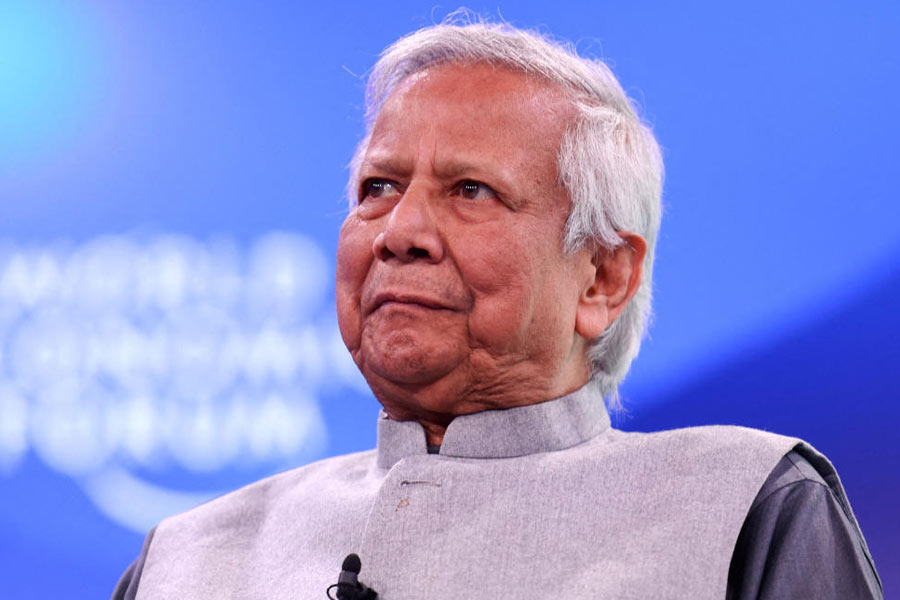A constitutional body has recommended that salary and agricultural income should continue to be excluded from calculations to determine the creamy layer among OBCs, at a time a government panel has suggested they be included.
The National Commission for Backward Classes (NCBC), a key constitutional body for consultation on OBC policies, is learnt to have said that the department of personnel and training (DoPT) should clarify to the states that salary and farm income will not count in creamy layer calculations.
Currently, salary and agricultural income is taken into account in determining the creamy layer only in the case of children of employees of trusts, universities and many public sector undertakings (PSUs).
After a Supreme Court judgment of 1992 excluded the well-off from OBC reservation, a DoPT order had in 1993 spelt out who belonged to the creamy layer.
Children of parents who hold any constitutional post, or any Group A post before the age of 40, automatically qualify for the creamy layer.
For the rest, the order suggested a parental income threshold, which now stands at Rs 8 lakh a year, calculated on the basis of earnings from avenues such as business and rentals but not salary or income from agriculture.
However, in the case of trusts, universities and many PSUs, the government never worked out which posts were equivalent to constitutional or Group A posts. So the determination of the creamy layer remained hazy for the children of the employees of these bodies.
In 2004, a DoPT “clarification” sought to include salaries in the determination of the creamy layer among the children of these employees, but this was implemented for the first time only in 2016.
That year, after the results of the 2015 civil service exams came out, the government put about 60 candidates — children of PSU employees — in the creamy layer category after taking into consideration their parents’ salaries. These students moved the Supreme Court, where the case is pending.
With the apex court not having imposed a stay, the government went ahead and appointed an expert committee, headed by former DoPT secretary B.P. Sharma, in March 2019 to look into the subject of salary and agricultural income being made part of creamy layer calculations in all cases.
In late 2019, the panel recommended raising the income cut-off to Rs 12 lakh and including salaries and agricultural income in the calculations. The cabinet last year returned the recommendation to the social justice ministry, seeking more consultations.
A ministry official said the NCBC recommendation — made in its tenure report for 2019-2022 — was under consideration.
G. Karunanidhy, secretary of the All India Federation of OBCs, opposed the consideration of salaries and farm earnings in the determination of creamy layer membership.
“Over the last five years, civil service candidates are being denied jobs (reservation) because of the inclusion of the salaries of their parents who work in PSUs. This is being done to deny eligible OBCs the chance to join public service,” Karunanidhy said.
Shashank Ratnoo, Supreme Court advocate and an expert on reservation issues, said: “According to the Constitution, the NCBC is to be consulted on all policy matters related to OBCs. Before the NCBC, several functionaries and authorities, including the government itself and the Parliamentary committee for the welfare of OBCs, have said that salary and agricultural income cannot be included in creamy layer calculations.”











